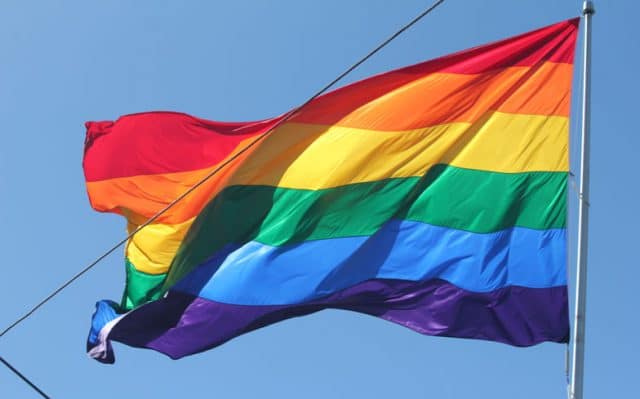
The amendment was put forward by around 50 members of the governing La République en Marche.
An amendment which will protect LGBTQ asylum seekers, if they originate from countries that persecute LGBTQ people has been unanimously passed by the French parliament’s lower house, the Assemblée nationale.
Currently under French law, asylum seekers can be deported from the country, even if they appeal, if their country of origin is on a designated safe list.
The amendment was tabled by the La République en Marche MPs Elise Fajgeles and Matthieu Orphelin. It seeks to remove countries from the safe list if “homosexuality may be the target of mistreatment or criminal penalties.”
Countries that will be removed from the list include India, Senegal and Ghana.
If the law is passed by France’s Senate, then LGBTQ asylum seekers from these countries will be able to remain in France to lodge an appeal if their asylum request is denied.
Orphelin praised the passing of the amendment in the lower house, telling the Libération: “How can we call countries which criminalise LGBT people “safe countries”?
“Today, there are asylum seekers who come to our country because of persecution because of their sexual orientation, it was essential to change this definition of safe country and to repeat that there is only a handful of countries in the world where LGBT people are respected.”
However, some refugee rights organisations didn’t think the amendment went far enough. NGO Cimade praised the vote as a “good thing”, but warned that even though some countries may not criminalise homosexuality, asylum seekers could still face “rampant homophobia” if they’re deported back.
Héloïse Mary, the president of the organisation Baam, echoed those sentiments, warning that are “many states” where practices like gay ‘cure’ therapy are still regularly carried out on LGBTQ people.
Earlier this year, the Court of Justice in Luxembourg ruled that EU countries need to stop subjecting LGBTQ asylum seekers to ‘gay tests’. The court was ruling in a case where a Nigerian man was denied asylum in Hungary after officials concluded that he wasn’t gay.
Katrin Hugendubel, advocacy director for ILGA-Europe, said that it was “an important step against one of the many problems and humiliations LGBTI refugees still face in many EU member states.”







